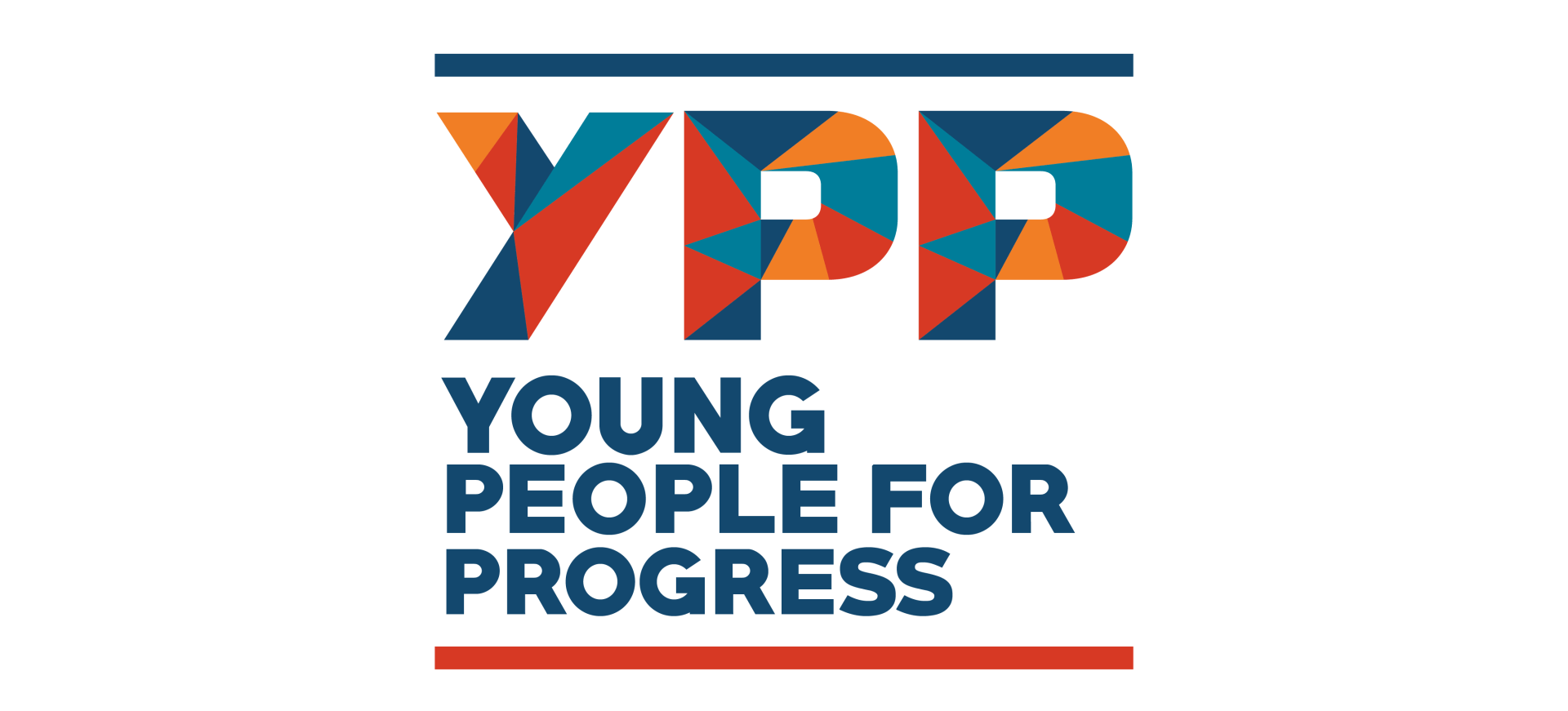Restorative Justice
Restorative Justice
Fund a full-time restorative justice position in every middle and high school.
Restorative Justice
Restorative Justice
The Issue with Our Schools
The current structure of our schools relies heavily on punitive practices that penalize students rather than focusing on repairing and rebuilding relationships. This punitive approach can lead to increased anxiety, alienation, and hostile relationships, causing student disengagement and higher dropout rates. Implementing a Restorative Justice (RJ) framework in our schools is essential to address the needs of our students. RJ offers a cultural shift towards community building and restoration, providing both proactive relationship-building and reactive harm-repairing tools that benefit both students and staff.
Why We Need Restorative Justice
Restorative Justice builds a strong school community. By proactively developing relationships and building a sense of community, schools create a supportive environment where students and staff can thrive. When relationships are well-established, students are less likely to cause harm, and any harm that does occur is easier to repair.
Restorative Justice is transformative for school communities. By promoting conflict resolution and emotional regulation, RJ not only reduces stress and enhances academic performance, but also narrows disciplinary disparities. Additionally, it lowers suspension rates, which are linked to a higher likelihood of future arrests and incarceration for students, even those not directly suspended. For example, the Oakland Unified School District saw an 87% reduction in suspensions and decreased violence within three years of implementing RJ.
Restorative Justice repairs harm and rebuilds trust. Unlike punitive practices, RJ focuses on restoring relationships and understanding the root causes of behavior. Students who caused harm must agree to an accountability plan before rejoining the community, ensuring they understand and address their actions. This approach prevents future incidents and maintains a healthy learning environment.
Restorative Justice is the Solution
Restorative Justice (RJ) prioritizes relationship improvement and conflict resolution through communication instead of punishment. It aims to enhance understanding of actions' impact and minimize repeat offenses. In 2022-2023, 81% of the 878 MCPS students referred for RJ did not repeat the initial offense. MCPS focus RJ schools also saw a 40% decrease in suspensions of Black students. To achieve true safety and equity in MCPS, we call on the county to fund a full-time restorative justice position in every middle and high school. By prioritizing restorative justice, schools not only proactively address conflicts but also foster a culture of understanding and accountability, creating safer and more inclusive learning environments for all students.
See Our Latest Restorative Justice One Pager

